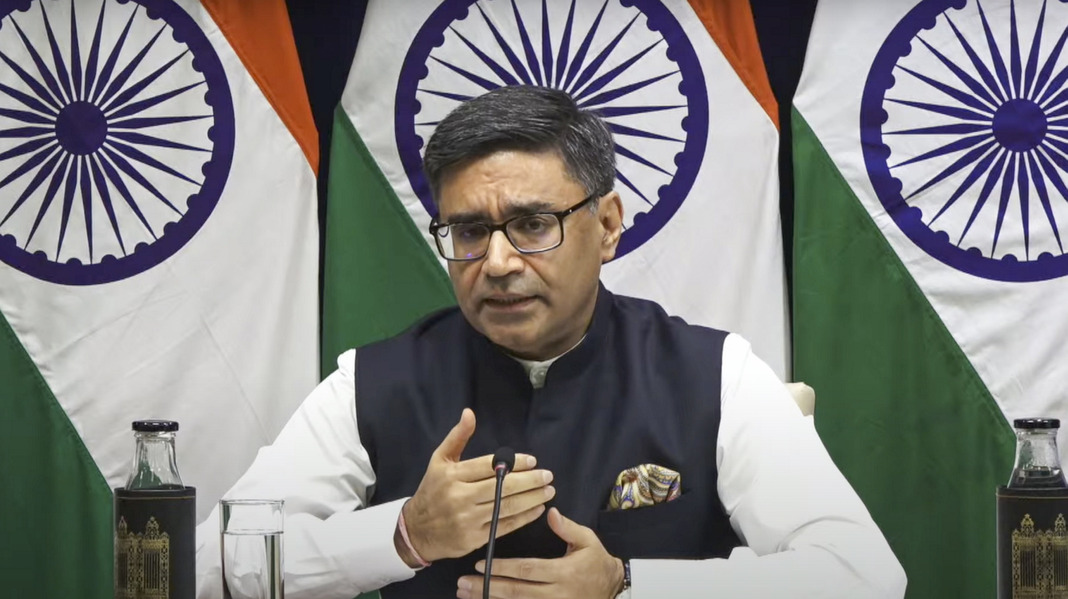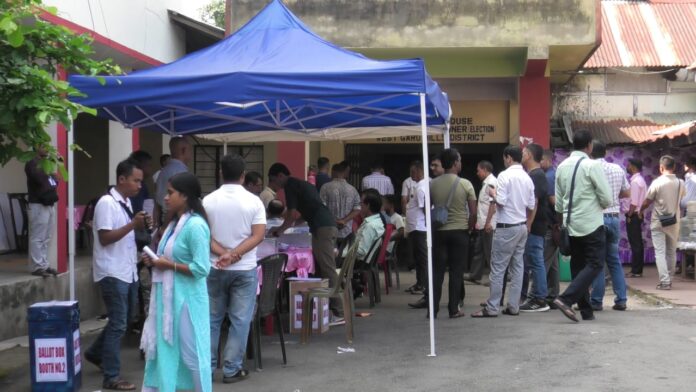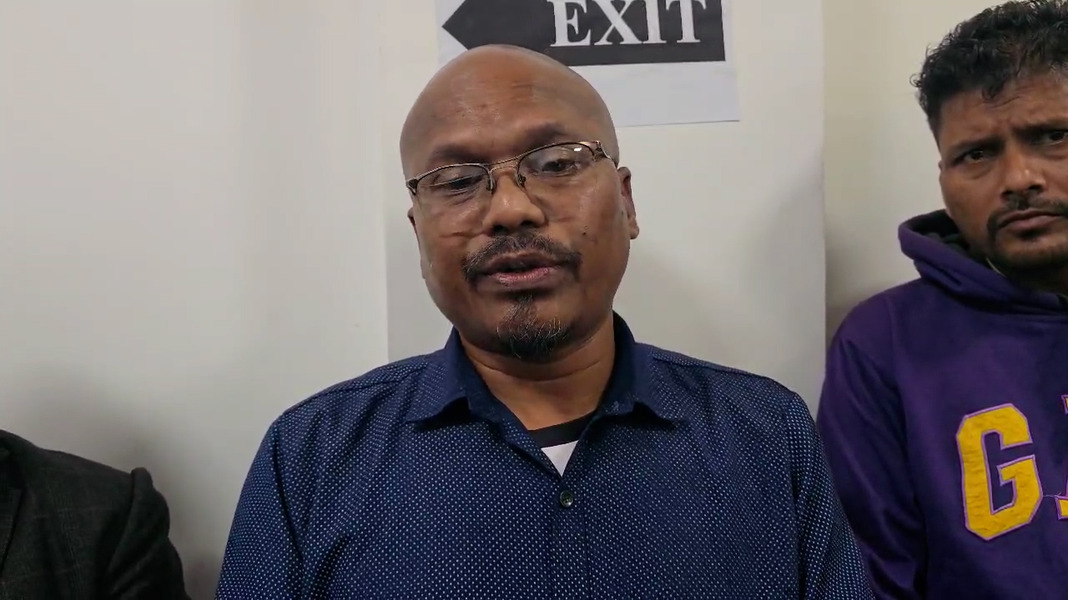New Delhi, Oct 21: India on Monday announced it has reached an agreement with China on patrolling along the Line of Actual Control (LAC) in eastern Ladakh, in a major breakthrough in ending the over four-year-long military standoff that paves the way for a likely meeting between Prime Minister Narendra Modi and Chinese President Xi Jinping in Russia this week.
Foreign Secretary Vikram Misri, at a media briefing on Modi’s visit to Russia for the BRICS summit, said the agreement was firmed up following negotiations by the two sides over the last several weeks and that it will lead to a resolution of the issues that had arisen in 2020.
External Affairs Minister S Jaishankar said Indian and Chinese soldiers will be able to resume patrolling in the way they had been doing before the border face-off began and the disengagement process with China has been completed.
Prime Minister Modi and President Xi are likely to hold a bilateral meeting on the sidelines of the BRICS Summit in the Russian city of Kazan either Tuesday or Wednesday.
It is understood that the agreement will facilitate patrolling in Depsang and Demchok areas as there were major unresolved issues in these two areas.
The ties between the two Asian giants nosedived significantly following the fierce clash in the Galwan Valley in June 2020 that marked the most serious military conflict between the two sides in decades.
The two sides disengaged from a number of friction points following a series of military and diplomatic talks in the last couple of years.
However, the talks hit hurdles in resolving the situation in Depsang and Demchok.
“Over the last several weeks, Indian and Chinese diplomatic and military negotiators have been in close contact with each other in a variety of forums,” the foreign secretary said at the media briefing.
“As a result of these discussions, agreement has been arrived at patrolling arrangements along the Line of Actual Control in the India-China border areas, leading to disengagement and a resolution of the issues that had arisen in these areas in 2020,” he said.
“We will be taking the next steps on this,” Misri added.
In an interactive session at the NDTV summit, Jaishankar described the finalisation of the agreement as a “good development”.
“We reached an agreement on patrolling and with that the disengagement that we have gone back to where the situation was in 2020 and we can say with that the disengagement process with China has been completed,” he said.
“I think it is a good development; it is a positive development and I would say it is a product of very patient and very persevering diplomacy,” the minister said.
To a question, Jaishankar indicated that India will be able to carry out patrolling in Depsang and other areas.
“So what has happened is that we reached an understanding which will allow the patrolling which you spoke about Depsang, that’s not the only place,” he said.
“There are other places also. The understanding to my knowledge is that we will be able to do the patrolling which we were doing in 2020 (prior to the standoff),” he said.
The external affairs minister said both sides have been holding negotiations to end the standoff since September 2020.
“On the one hand we had to obviously do the counter deployments, but side-by-side, we have been negotiating.
“We have been negotiating since September of 2020 when I met my Chinese counterpart Wang Yi in Moscow,” he said.
“It has been a very patient process,” Jaishankar said, adding maybe it was more complicated “than it could have and should have been”.
Jaishankar said there was peace and tranquility along the LAC before 2020 and “hopefully we will be able to come back to that”.
“That was our major concern because we always said that if you disturb the peace and tranquility, how do you expect the rest of the relationship to go forward,” he said.
On the difficult negotiations, Jaishankar said: “At various points of time, people almost gave up, you can say.”
India has been maintaining that its ties with China cannot be normal unless there is peace in the border areas.
In all negotiations since the standoff began, India has been pressing the People’s Liberation Army (PLA) to disengage from the Depsang and Demchok areas.
Last month, National Security Advisor Ajit Doval and Chinese Foreign Minister Wang Yi held talks in the Russian city of St Petersburg with a focus on finding an early resolution to the row.
In the talks held on the sidelines of a conclave of BRICS nations, the two sides agreed to work with “urgency” and “redouble” efforts to achieve complete disengagement in remaining friction points in eastern Ladakh.
In the meeting, NSA Doval conveyed to Wang that peace and tranquility in border areas and respect for the LAC are essential for the return of normalcy in bilateral ties.(PTI)




